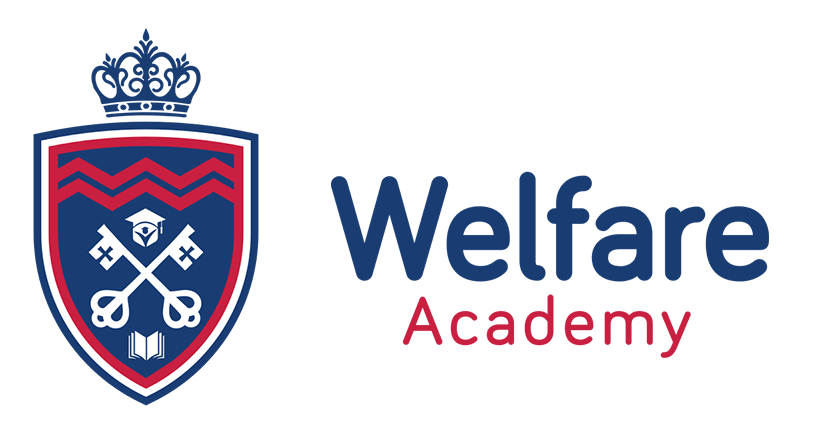
About Course
Dysphagia Awareness
This Dysphagia Awareness course provides learners with a comprehensive understanding of dysphagia, a condition that affects an individual’s ability to swallow safely and effectively. The course covers the causes, symptoms, and risk factors associated with dysphagia, as well as its potential impact on individuals’ health, nutrition, and overall quality of life. Participants will explore how dysphagia can arise from various medical conditions such as neurological disorders, stroke, cancer, and aging, and will learn to recognize the signs and symptoms that indicate the need for assessment and intervention.
Through practical examples and case studies, the course highlights the importance of early detection and intervention to prevent complications such as choking, malnutrition, dehydration, and aspiration pneumonia. Learners will be introduced to basic swallowing physiology, the different types of dysphagia (oral, pharyngeal, and esophageal), and the role of healthcare professionals in diagnosing and managing the condition.
The course also covers strategies for supporting individuals with dysphagia, including modifications to food textures, thickening liquids, and the use of specialized feeding techniques. Participants will gain an understanding of how to work collaboratively with speech and language therapists, dietitians, and other healthcare providers to create personalized care plans that promote safety and well-being. These care plans can include positioning strategies, specific swallowing exercises, and monitoring techniques to ensure safe swallowing and minimize risk.
A key focus of the course is improving the overall quality of life for individuals with dysphagia. Participants will learn about the psychological and emotional aspects of living with a swallowing disorder, including how to offer empathetic support, communicate effectively, and maintain the dignity of individuals experiencing dysphagia. The course will also cover the importance of individualized care that addresses not just the physical challenges of swallowing, but also the social and emotional consequences that may arise from difficulties with eating and drinking.
Additionally, the course will explore the importance of maintaining nutrition and hydration in individuals with dysphagia, and the role of caregivers in ensuring a balanced, appropriate diet. Topics such as modified diets, specialized feeding techniques, and the use of assistive devices for feeding will be discussed in detail. Learners will also gain insight into the potential long-term effects of untreated dysphagia, such as malnutrition, weight loss, and respiratory complications, and will learn how to prevent these outcomes through appropriate intervention.
By the end of the course, learners will be equipped with the knowledge and practical tools to recognize, assess, and manage dysphagia in a variety of care settings. Whether you’re a caregiver, healthcare professional, or family member, this course will help you improve the care and support provided to individuals with swallowing difficulties, ensuring they can eat and drink safely and maintain their dignity and quality of life. Participants will leave with the confidence to contribute to the development of safe and effective care plans, and with the understanding of how to best support individuals with dysphagia in a compassionate and effective manner.
This course is also an invaluable resource for professionals looking to enhance their skills and knowledge in the care of individuals with dysphagia, contributing to a greater overall awareness of this complex condition and its management in a variety of settings, including hospitals, nursing homes, rehabilitation centers, and home care environments.
Course Content
Introduction to Dysphagia
-
Introduction to Dysphagia
-
Quiz on Introduction to Dysphagia
Swallowing Physiology and Types of Dysphagia
Recognising Signs and Symptoms of Dysphagia
Risks and Complications of Dysphagia
Assessment and Diagnosis
Management Strategies
Nutrition and Hydration in Dysphagia
Person-Centred Care and Communication
Collaborative and Interdisciplinary Practice
Long-Term Support and Quality of Life
Student Ratings & Reviews

